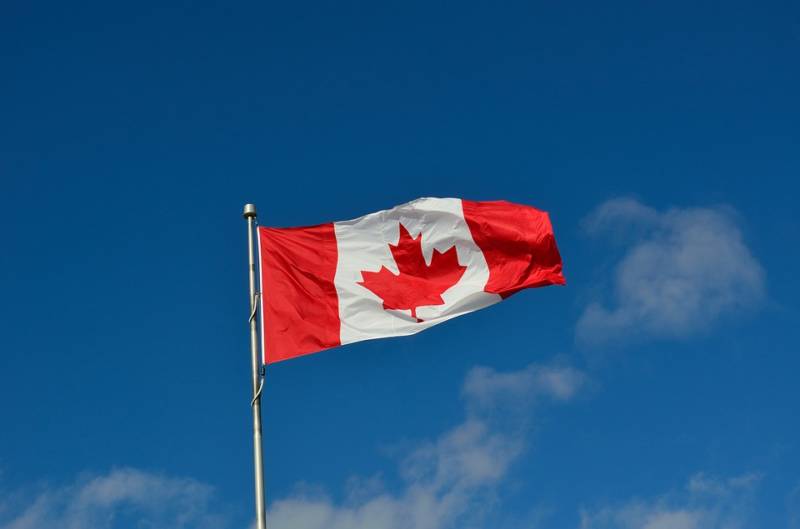While the tariffs proposed by the United States have been paused for 30 days, Prime Minister Justin Trudeau says this is an important opportunity to build a long-term prosperity agenda for Canada, one that is resilient, that breaks down barriers between provinces and territories, and that is diversified in global trade.
Trudeau, announced the Canada-U.S. Economic Summit on Wednesday, February 5, 2025, a landmark event hosted with members of the Council on Canada-U.S. Relations to galvanize business and investment across Canada.
The Summit will take place in Toronto, Ontario, on February 7, 2025.
“The Canada-U.S. Economic Summit is Team Canada at its best,” the Prime Minister stated, in a media release.
“We are bringing together partners across business, civil society, and organized labour to find ways to galvanize our economy, create more jobs and bigger paycheques, make it easier to build and trade within our borders, and diversify export markets. We want businesses, investors, and workers to choose Canada.”
The Canada-U.S. Economic Summit will build on the work of the Prime Minister’s Council on Canada-U.S. Relations and bring together Canadian leaders in trade, business, public policy, and organized labour.
Using their sectoral expertise, the leaders will explore ways to grow Canada’s economy, make it easier to build and trade within the country, diversify export markets, and rejuvenate productivity.
The Summit will see increased co-ordination, co-operation, and interoperability between partners, including through issue- and sector-specific conversations, the Prime Minister’s Office stated.
Canada is the ninth-largest economy in the world, with world-class talent, critical minerals, natural resources, a dynamic tech ecosystem, and an ambition to grow, the Prime Minister’s Office added.
Canada and the U.S. are each other’s largest trade partners, with nearly $3.6 billion (US$2.7 billion) worth of goods and services crossing the border each day in 2023.
Backed by an investment of $1.3 billion and built around five pillars, Canada’s Border Plan is bolstering border security, strengthening our immigration system, and contributing to ensuring Canada’s future prosperity.
Last year, more than $530-billion worth of goods and services moved across provincial and territorial borders, representing almost 20% of Canada’s gross domestic product.
On January 17, 2025, Prime Minister Justin Trudeau convened the first meeting of the newly established Council on Canada-U.S. Relations. The Council, which comprises leaders in business, innovation, and policy, will provide advice to the Prime Minister and Cabinet on issues related to Canada-U.S. relations, including the threat of tariffs.
The Committee on Internal Trade consists of all federal, provincial, and territorial ministers responsible for internal trade, and is responsible for supervising the implementation of the Canadian Free Trade Agreement (CFTA).
This includes providing oversight over a number of CFTA working groups, assisting in the resolution of disputes, approving the annual operating budget of the Internal Trade Secretariat, and considering any other matter that may affect the operation of the CFTA.
















